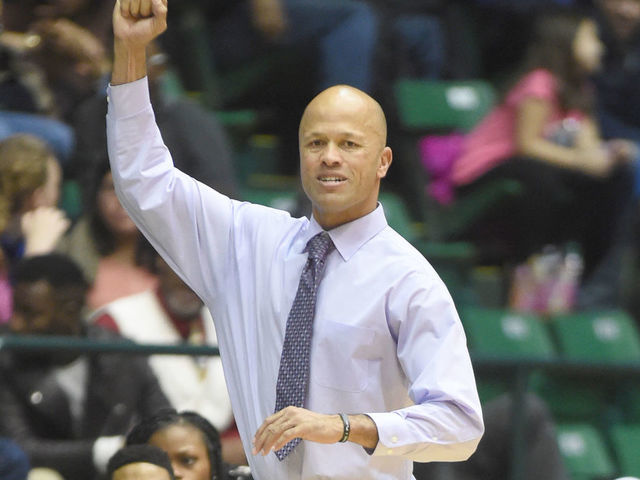Both Morgan State University and Alcorn State University are in talks with a partnership with Udacity, one of the leading MOOC platform organizations.
Morgan State University, reports that it is close to completing an agreement with Udacity that would enable school faculty members to develop courses for delivery through the company’s MOOC platform. The agreement, which Morgan State officials expect to announce publicly by late January, is also supposed to allow Morgan State students the option of earning academic credit for MOOCs taken through Udacity.
“We are moving forward toward a partnership with Udacity through (assistance from) the Thurgood Marshall College Fund,” says Morgan State University president David Wilson. “Morgan (State University) is a serious player in higher education in this country, and we expect to also be at the table to participate in MOOCs and to learn from it.”
A MOOC agreement between Alcorn State University, the second school, and Udacity could happen as early as late spring 2013, according to Dr. Donzell Lee, the Alcorn State vice-provost. The Lorman, Miss.-based Alcorn State is exploring an arrangement similar to what Morgan State seeks, which would allow professors to develop courses on the Udacity platform and enable Alcorn State students to earn academic credit from Udacity MOOCs. Lee says school officials have the fall of 2013 in mind when Alcorn State would like to debut a MOOC through Udacity.
“We’re still in the beginning stages of a collaboration. … One of the things that we like about the Udacity model (of building courses) is that it’s really strong in terms of pedagogy,” Lee says.
Udacity, along with the edX and Coursera organizations, has played a leading role in the emergence of MOOCs. Udacity has focused exclusively on free online courses in the mathematical, computational and physical sciences. The for-profit company typically brings in recruited instructors to its Palo Alto facilities who work with Udacity staff to build entirely new courses. In contrast, Coursera and edX leave course development to their university partners, which are largely elite research institutions.
The participation of elite universities has been essential to the development and popularity of the Coursera and edX platforms. EdX is a nonprofit venture among M.I.T., Harvard University, University of California-Berkeley, and the University of Texas system. Coursera, a for-profit firm founded by Stanford University professors, has enlisted 33 partner schools and leads in total number of courses and student enrollments. More than 1.7 million people have signed up for Coursera courses since launching early in 2012.
“(MOOC platforms) do provide access to courses students might not otherwise have. It’s a great opportunity for students who are mature and who can focus well,” says Dr. William McHenry, executive director of the Mississippi e-Center at Jackson State University.



